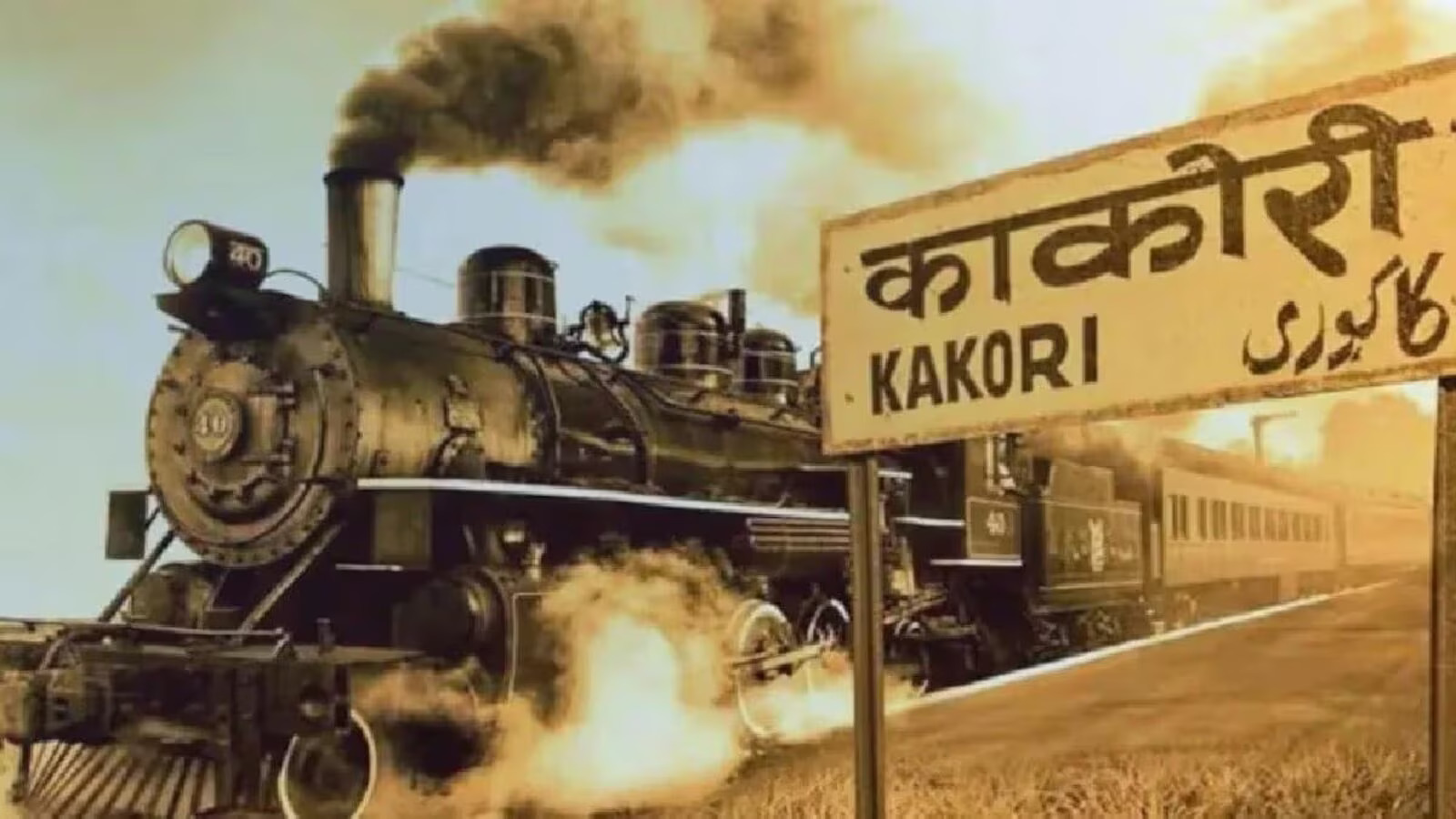The Kakori Conspiracy: A Bold Act of Defiance in India's Freedom Struggle
History Indian HistoryPosted by NewAdmin on 2025-02-05 09:00:27 |
Share: Facebook | Twitter | Whatsapp | Linkedin Visits: 26

The Kakori Conspiracy, also known as the Kakori Train Robbery, was a significant event in the history of India’s struggle for independence. It took place on August 9, 1925, near the village of Kakori, located in present-day Uttar Pradesh. The plot was masterminded by members of the Hindustan Republican Association (HRA), a revolutionary organization dedicated to the overthrow of British rule in India through armed resistance. The HRA, led by prominent revolutionaries like Ram Prasad Bismil, Ashfaqullah Khan, and Rajendra Lahiri, had been planning the robbery to raise funds for their revolutionary activities, which included procuring weapons and spreading their anti-colonial message.
The plan was to stop a train carrying government funds from Shahjahanpur to Lucknow. The group intended to loot the train and use the money to support their cause. On the day of the robbery, a group of revolutionaries, disguised as passengers, boarded the train and, at the right moment, stopped it by pulling the chain. They then seized the bags containing the government funds. However, the robbery did not go as planned. While the revolutionaries successfully looted the money, the train robbery was followed by a series of mistakes that led to the capture of several conspirators. The authorities launched a thorough investigation, and most of the involved revolutionaries were arrested.
The Kakori Conspiracy became a landmark in India’s struggle for independence, as it marked the first major armed act of defiance against the British colonial government after the non-cooperation movement was suspended. Although the robbery itself did not result in immediate success, it became an important symbol of youthful defiance against British rule. Many of the revolutionaries involved in the conspiracy were sentenced to death or given long prison terms. Among those arrested, Ram Prasad Bismil, Ashfaqullah Khan, and Rajendra Lahiri were executed, while others were sent to prison.
The Kakori Conspiracy highlighted the growing dissatisfaction with the British government and the willingness of a section of the Indian population to take up arms in the quest for freedom. While the British authorities viewed the robbery as an act of terrorism, for many Indians, it became a rallying cry for the independence movement. It inspired future generations of revolutionaries and contributed to the intensifying demand for India’s freedom from colonial rule.
Search
Categories
Recent News
- 'Culture Clash' in Adelaide: Racial Tensions Rise Over Park Usage
- Peace Talks in Abu Dhabi: A Glimmer of Hope Amidst War's Shadow
- Global Risks 2026: Navigating a Decade of Uncertainty
- Chaos in Parliament: PM Modi's Address Postponed Amid Opposition Uproar
- Turkish Airlines Flight Makes Emergency Landing in Kolkata
- Andhra Pradesh's Petrochemical Future: A Mega Project in the Making
- Delhi Welcomes Bharat Taxi: A Driver-Owned Ride-Hailing Revolution
- Empowering India's Youth: Free Coaching for a Brighter Future
Popular News
- Navigating IPO Market Dynamics Amid Volatility and Regulatory Changes
- Massive Worldwide Microsoft Outage Disrupts Multiple Sectors
- Panjapur Bus Stand to Reshape TNSTC Routes
- తెలుగుదేశం పార్టీ - పేదరికాన్ని నిర్మూలించడంలో వాగ్దానం
- Universities Embrace Remote Learning Technologies Amidst Ongoing Pandemic